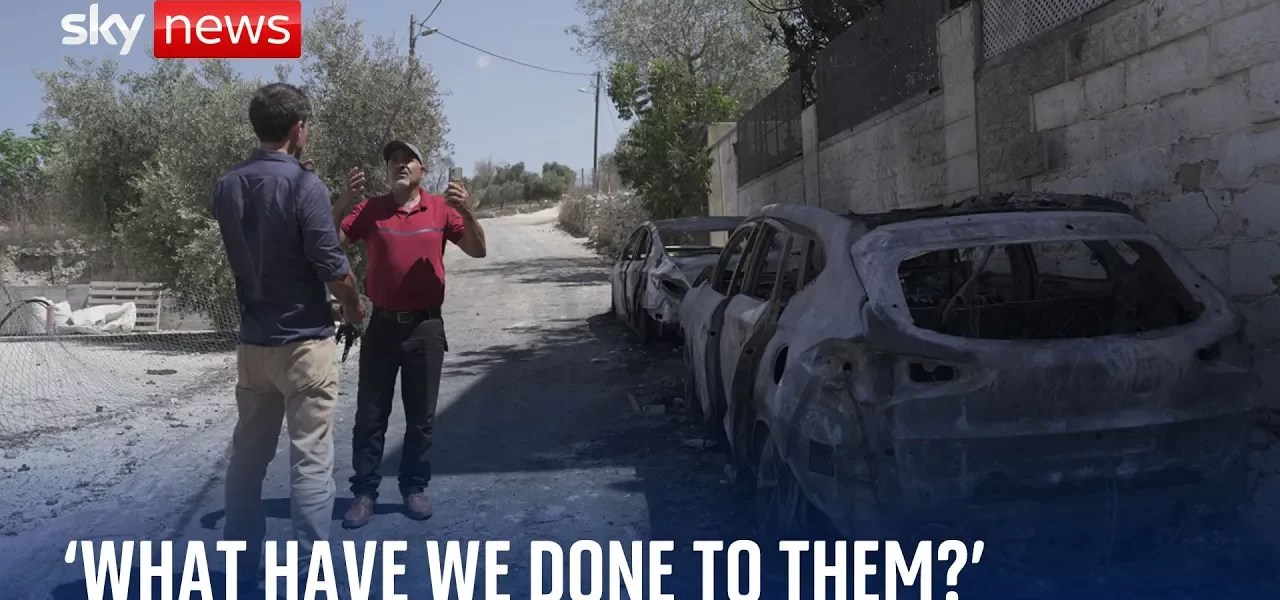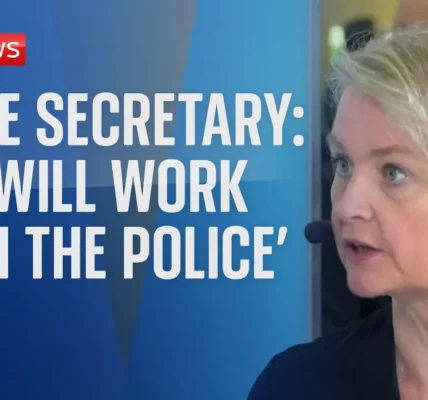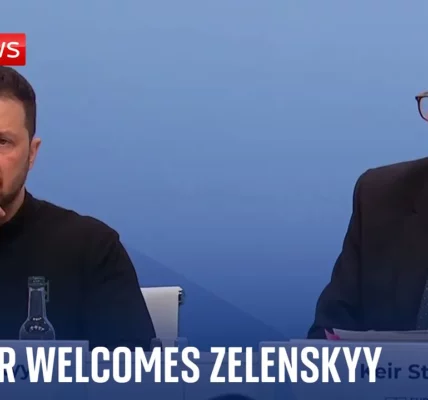Violence in the West Bank: The Tragic Shooting of a Young Palestinian

The recent tragic events in the West Bank, particularly the shooting of a 23-year-old Palestinian by Jewish settler extremists, have sparked outrage and grief within the community. This article delves into the details of the incident, the broader implications of settler violence, and the ongoing tensions in the region.
Introduction
The conflict in the West Bank has seen a dramatic escalation in violence, particularly against Palestinian communities. One of the most recent victims, a 23-year-old Palestinian, was shot dead by Jewish settler extremists in the village of Jeet. This incident is not isolated; it reflects a wider pattern of aggression and hostility that has left many residents feeling vulnerable and abandoned. As tensions rise, the implications of settler violence and the lack of protection for Palestinian communities come to the forefront.
The Incident in Jeet
On a fateful night, the tranquility of Jeet was shattered by an attack that was captured on CCTV. The footage revealed a group of settlers attacking Palestinian homes, one of which was the residence of the Arman family. The assailants doused furniture with fuel and set it ablaze, a harrowing act that left the family traumatized.
The Arman Family’s Experience
Among the family members was 8-year-old DEA, who described the terrifying ordeal: “I was scared, so scared I was crying. All the children were.” This sentiment of fear is echoed throughout the village, where many residents are questioning, “Why won’t anyone protect us?”
The Nature of the Attack
Witnesses reported that the settlers appeared highly organized and well-armed, wearing black uniforms, masks, and bulletproof vests. This level of coordination suggests a troubling trend towards more militant actions among certain settler groups.
- Reports of attacks on civilians are on the rise.
- The presence of organized groups raises concerns about escalating violence.
- Local residents feel increasingly unsafe in their communities.
The Response of the Israeli Military
The Israeli Defense Forces (IDF) have been criticized for their response during the attack. Eyewitness accounts suggest that soldiers arrived only after the violence had commenced, and many claim that the IDF failed to intervene effectively. Furthermore, reports indicate that ambulances were prevented from entering the village to assist the injured.
Government Statements
In the aftermath, the Israeli government condemned the attack; however, critics argue that this condemnation lacks substance when juxtaposed with the ongoing violence perpetrated by settlers against Palestinians.
Patterns of Violence
Since October 7th, there have been hundreds of attacks by Jewish settlers with little accountability. This pattern of violence raises significant concerns about the safety of Palestinian communities in the West Bank.
International Reactions and Ongoing Tensions
As the situation in the West Bank deteriorates, international leaders, including U.S. President Joe Biden, have hinted at potential progress in ceasefire talks regarding Gaza. However, the ongoing violence in the West Bank casts a shadow over these negotiations.
Ceasefire Talks
Discussions about a ceasefire in Gaza have been ongoing, yet the prolonged nature of these talks has frustrated many, including veteran Israeli negotiators. Critics argue that the lack of urgency in addressing the violence in the West Bank undermines any progress in peace negotiations.
Implications for the Future
The longer the talks drag on, the greater the risk that extremist elements will disrupt any potential agreements, leading to further violence and instability.
- Increased violence against Palestinian communities.
- Potential for further escalation of conflict in Gaza.
- The need for immediate action to protect vulnerable populations.
Conclusion
The tragic shooting of a young Palestinian in Jeet is emblematic of the increasing violence faced by Palestinian communities in the West Bank. As settlers continue to act with impunity, the need for effective protection and intervention becomes ever more critical. It is imperative for both local authorities and international stakeholders to prioritize the safety of civilians and address the root causes of this violence. For those interested in following the developments in this ongoing crisis, we encourage you to stay informed and engaged.
“`




